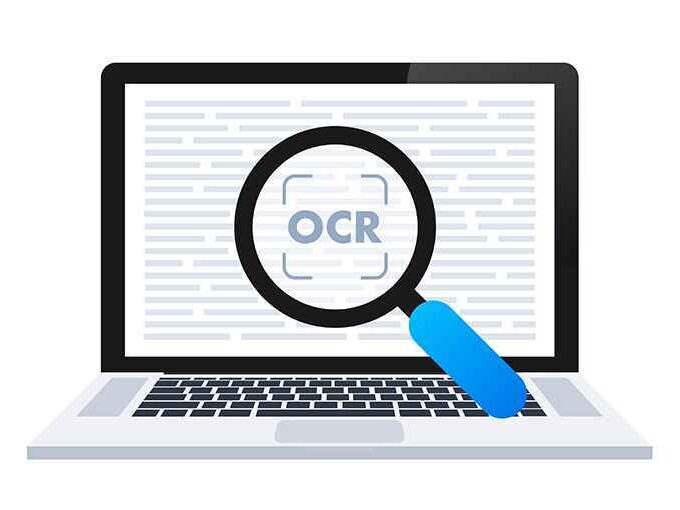Understanding Plagiarism: Definition and Consequences
In its simplest form, plagiarism involves the use of another person’s work or ideas without due credit. It is more than just copying a few sentences here and there; it includes using what somebody else has thought or realized as your own even when you paraphrase it to some extent. If at all taking shortcuts by resorting to existing material and plagiarism remover may seem like something tempting, plagiarism is a very serious offense that could have far-reaching and disastrous consequences.
Plagiarism consequences are quite harsh in the academic environment. Besides defaming someone’s reputation and integrity among fellow peers and professors, students who indulge in plagiarism may possibly fail their assignments or even be expelled from their educational institutions. Additionally, plagiarizing not only robs original authors of their hard work but also hinders one’s growth and learning potential. By indulging in plagiarism rather than engaging with research materials honestly by critically analyzing them, individuals rob themselves of a chance to develop important skills such as critical thinking ability, creativity, and writing abilities for academics.
Ultimately, understanding the definition and consequences of plagiarism is a key aspect for every individual who values ethics within academia. Making strides toward originality not only fuels personal growth but also promotes fairness within academic communities – encouraging authentic contributions that broaden knowledge instead of regurgitating existing ideas.
Also read: How to Write an Impressive College Assignment in 5 Steps
Tips on Avoiding Plagiarism: Citing Sources Properly
As students, we are expected to do in-depth research while articulating our findings as per particular academic papers. While the process might be intellectually stimulating, it also presents itself as a potential pitfall – plagiarism. For work to remain original and authentic, proper citation is of utmost importance. Simply put, proper citation not only shows intellectual honesty but makes information traceable back to its source giving readers an opportunity to evaluate its credibility.
A common fallacy most students make when citing sources is forgetting indirect quotations or paraphrased information. Keep in mind that any ideas or specific wording you borrow from another source should be properly credited. A good tip would be to ask yourself whether the information you’re presenting was discovered through your own research or if it came about because of someone else’s work. If latter, credit should be given where due
Proper citation also entails the use of the correct format in every discipline or style that your professor requires. Disciplines may differ on what conventions they hold concerning how sources are to be cited and bibliographies formatted. From APA (American Psychological Association) to MLA (Modern Language Association) to Chicago style, get to know what applies to your discipline. This kind of fine attention to detail shows respect for scholarly norms while assuring that your readers will be able to follow how your arguments rest upon authoritative support.
Cultivating One’s Own Ideas: Critical Thinking Skills
The art of developing your own ideas is also an important aspect that goes hand-in-hand with critical thinking. Merely repeating facts or paraphrasing someone else’s idea is not a creation but a derivative. True originality requires being able to synthesize and create something new, not existing in isolation and not copied from others; true originality involves developing one’s ideas.
How do we develop our own ideas and improve our critical thinking skills? One way is through active questioning of what already exists – constantly challenging what we know, pushing boundaries, and exploring alternative perspectives. We may find new insights and make room for original thought.
Another useful tool to develop our own thoughts is called reframing. Basically, it means considering an issue or subject from a different angle or following an unconventional approach to it. Sometimes, stepping back from conventional wisdom can bring breakthroughs that go unseen otherwise. It allows us to free ourselves from the constraints of established patterns and find fresh approaches that may change the course of our thinking.
Effective Use of Plagiarism Remover Tools
There is more to effectively using plagiarism remover tools than just the guarantee that there is no copied material. Tools such as these are helpful in providing an individual learning experience, and one must be aware of their limitations. One must use them as a tool for self-actualization rather than solely depending on it. When you employ the use of plagiarism removers effectively, you improve your writing skills and better understand referencing and citations towards becoming more competent academically speaking.
Another point worth noting in the use of these tools is that any result that comes out must be reviewed manually. Although plagiarism remover tools can identify exact matches in text from other sources, they may not always detect instances where ideas or concepts have been paraphrased without proper citation. This points to the need for students and writers to review their work carefully after running it through the tool as such to find areas where credit could be missing or further explanation is needed.
Also read: Top 10 Safari Extensions for Writers
Significance of Ethical Research Practices
Ethical research practices defined by individual codes of conduct are at the core of any academic endeavor guaranteeing integrity, transparency, and trustworthiness. The significance of the pursuit of these principles goes beyond one’s ability to imagine them. First, ethical research practices protect the rights and dignity of human subjects involved in studies. In seeking informed consent and protecting participants’ privacy and confidentiality, researchers will respect autonomy and beneficence: two fundamental principles underpinning ethical practice when working with human subjects.
Secondly, adherence to ethical principles instills more trust and validity in research findings. Sound research methodologies not only yield accurate results but also add credence to the whole body of scholarly knowledge; which is an important aspect in scientific advancement since robust evidence is necessary for making informed decisions concerning different fields.
Apart from that, the practice of ethics promotes intellectual honesty by prohibiting plagiarism or fraud within academia. Plagiarism violates originality by robbing credit from rightful authors; it suffocates creativity and kills progress. By respecting intellectual property rights and giving due attribution to previous works, researchers can create a conducive environment where creativity breathes while other people’s contributions are honored.
Conclusion: Originality embraced in academic pursuits
To conclude, originality in the academic realm is necessary to avoid plagiarism and forms the basis for personal growth and intellectual development but also broadens knowledge and evolves academia. It is through originality that breakthroughs are made and new theories form.
Secondly, by valuing originality, we also grow our critical thinking skills. By engaging with material in a thoughtful reflective way as opposed to mechanistically doing so, we develop the ability to question prevailing wisdom and come up with novel solutions. This kind of intellectual curiosity not only enriches our experience of learning but marks us out as independent thinkers amidst a sea of conformity.
Also, accepting originality gives us an opportunity to announce our real selves. Academia is not a place where somebody just vomits information; rather, it should be a stage where people can discover their interests and flaunt their strengths. Accepting originality charges us to share something new – be it in the form of research projects, creative writing pieces, or thought-provoking presentations.










Leave a comment